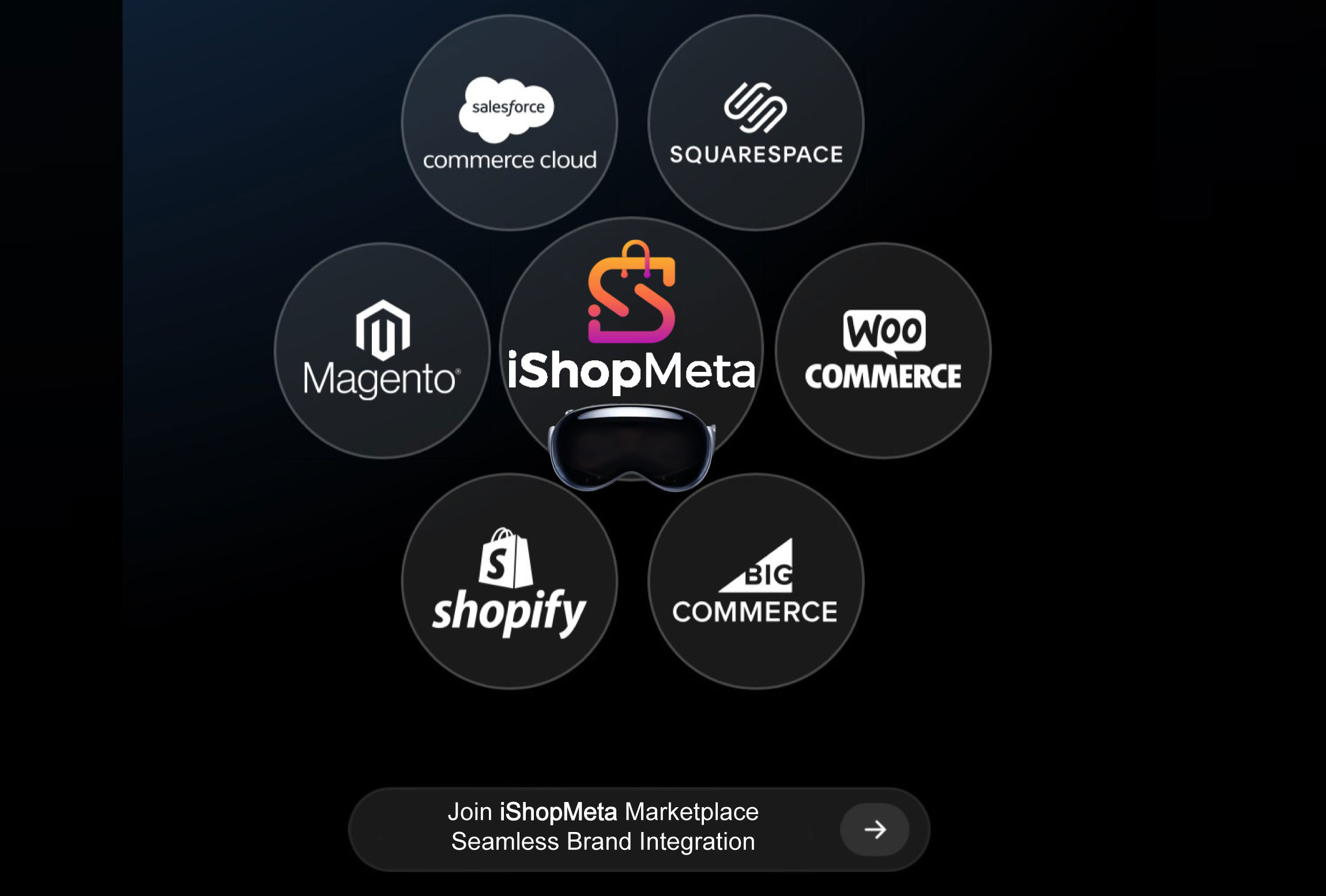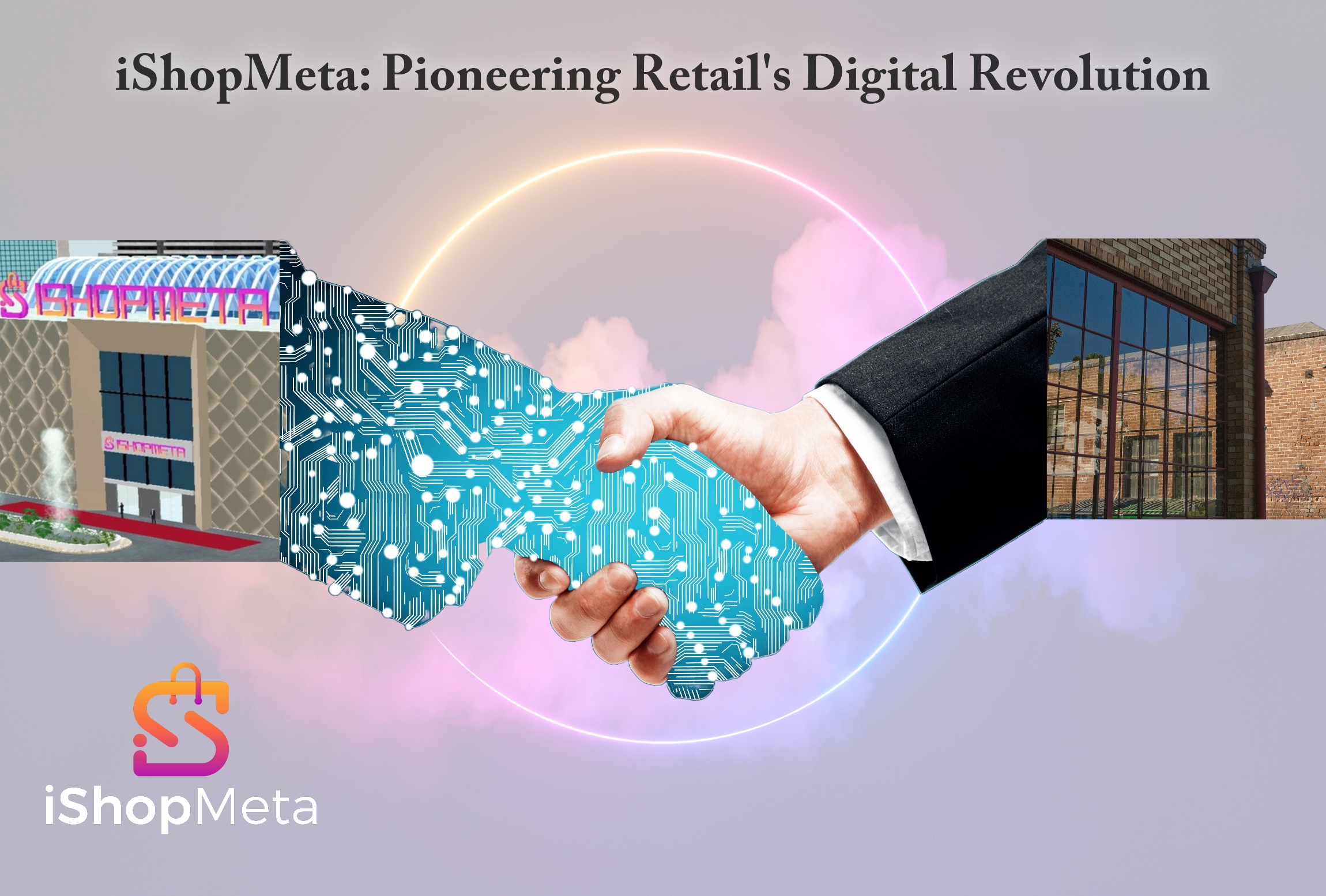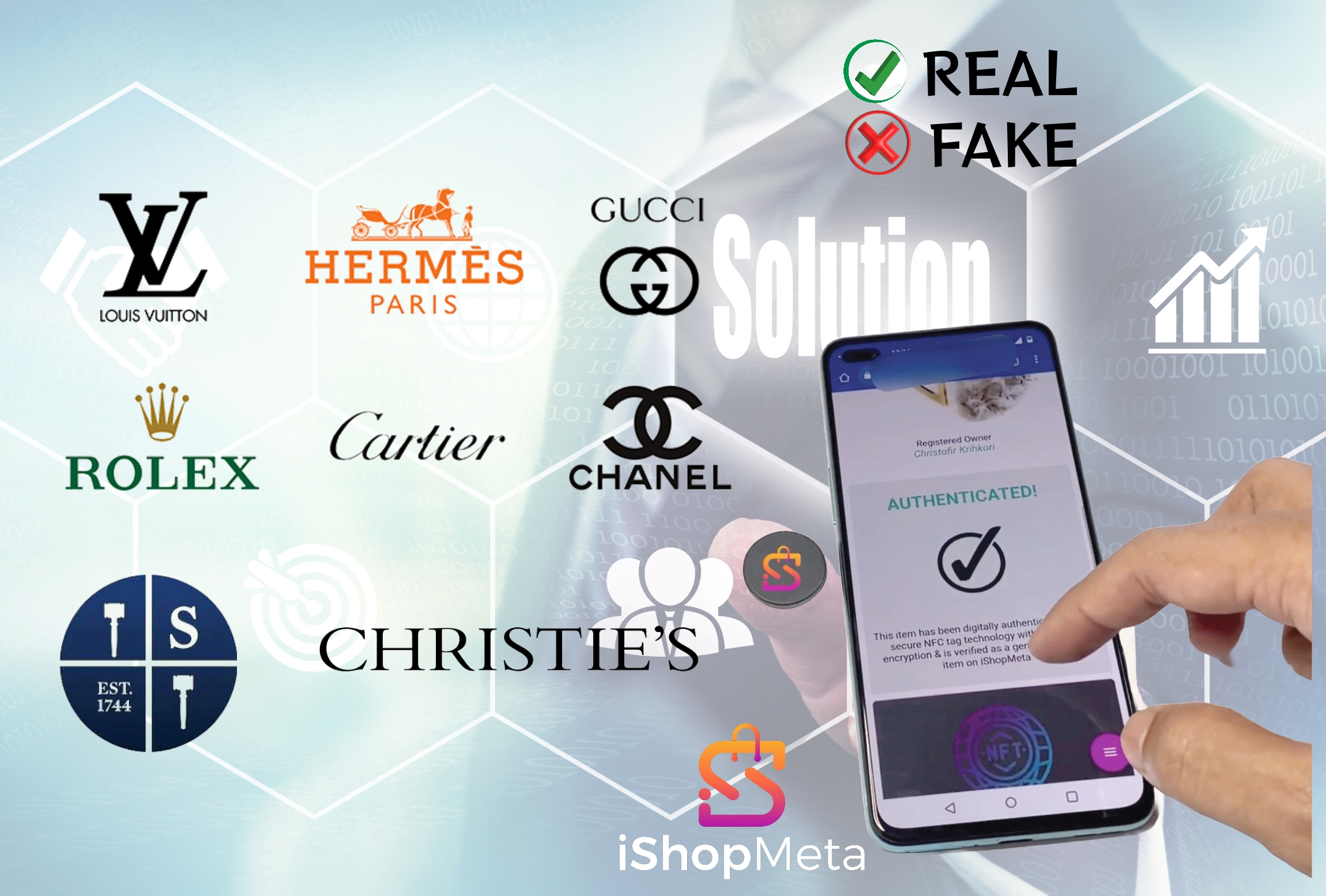In recent years, the digital landscape has witnessed a groundbreaking innovation called Non-Fungible Tokens (NFTs). These unique digital assets have taken the world by storm, transforming how we perceive ownership, value, and art in the Internet age. This post explores the immense potential of the NFT marketplace and how they are revolutionizing the digital landscape.
NFT Marketplaces
At the heart of the NFT revolution lie NFT marketplaces, the primary platforms for buying, selling, and trading NFTs. These marketplaces provide a space where creators, collectors, and enthusiasts can come together to explore and engage with the world of digital assets. NFT marketplaces have democratized access to unique digital creations, breaking down barriers and empowering artists and creators like never before.
NFT marketplaces have disrupted traditional markets by offering creators greater control over their creations, allowing them to sell their work to collectors directly. Blockchain technology has enabled secure ownership and provenance tracking, providing artists with a fair and transparent system for monetizing their art.
NFTs and Brand Engagement
Non-fungible tokens (NFTs) can be a powerful brand-building tool. They give businesses a competitive advantage by enabling them to offer digital products that go beyond what traditional marketing channels can provide. NFTs can be developed as digital assets attached to a brand and then traded or sold by customers. Creating a dynamic digital point of contact specific to each transaction can respond to various external events and signals. This opens up endless opportunities for new and creative ways to engage with customers after the sale and build loyalty.
Here are examples of how several businesses are using NFTs to develop brand relationships with customers:
- Partner with NFT artists and auction sites to create branded digital collectibles. Strategic partnerships are a proven textbook method for building brand awareness.
- Generate a buzz. NFTs present a marketing opportunity akin to the expansion of social media in the last decade. Adopting NFTs can not only help to generate more interest in a brand, but it can also help audiences to identify this marketing campaign as an investment opportunity.
- To ensure long-term success, brands must connect their NFT collection with their core products. While creating and selling digital art may not be a brand’s ultimate goal, linking it to its overall brand can be beneficial.
- Extending product lines into digital worlds is just one possible use for NFTs. NFTs could be the central digital touchpoint between brands and their consumers — one controlled by the brand itself.
- Implementing anything new into your brand or business should always be approached thoughtfully but with an open mind. Trying something new cannot be very comforting, but the potential rewards are worth it.
NFTs offer a new and exhilarating way for brands to engage with customers. By using NFTs, brands can create unique digital assets that customers can trade or sell, generating buzz and building brand awareness. These NFTs can provide consumers with unique experiences and utility, reach a wider online audience, and build a sustainable business.
NFTs and Digital Collectibles
NFTs have unleashed a new era of digital collectibles, challenging traditional notions of ownership and value. Digital assets that were once ephemeral and easily replicated now have unique, verifiable authenticity through NFTs.
IShopMeta, a prominent NFT marketplace, has become a hub for digital collectibles. With a vast array of collectibles, iShopMeta has become a platform where collectors can curate unique digital collections and showcase their ownership.
The potential of NFTs extends beyond mere collectibles. Businesses can utilize NFTs to track and manage operations within their brand ecosystem. For instance, virtual goods within gaming ecosystems can be tokenized as NFTs, allowing players to own and trade their in-game assets truly.
Conclusion
In conclusion, NFTs are transforming the digital landscape and unlocking new possibilities for creators, collectors, and businesses. The NFT marketplace has become the epicenter of this revolution, enabling artists to engage directly with their audience and giving brands a powerful tool for building customer relationships.
In the digital age, NFTs have reshaped our understanding of ownership, value, and art. As the NFT market continues to evolve, iShopMeta remains at the forefront. Hence providing a platform where creators and collectors can come together to explore the vast potential of NFTs.
The future of NFTs with iShopMeta holds tremendous promise. With ongoing innovations and the growing adoption of NFTs, we can expect a continued impact on the digital economy. It will pave the way for new business models and creativity.
FAQs
How do NFT marketplaces revolutionize digital assets?
NFT marketplaces revolutionize digital assets by providing artists and creators with direct access to buyers and collectors, eliminating the need for intermediaries like galleries or auction houses. Additionally, NFTs and their associated marketplaces utilize blockchain technology, ensuring digital asset transparency, security, and provenance tracking. This has brought a new level of trust and authenticity to the digital art and collectibles industry.
How can NFTs be used as a brand-building tool?
NFTs offer businesses unique opportunities to engage with their audience and strengthen brand relationships. Brands can create limited edition NFTs, digital collectibles, or exclusive experiences only available to loyal customers. By owning these NFTs, customers become part of an exclusive community, fostering brand loyalty and advocacy.






One thought on “Unlocking the Potential of NFTs: How Marketplaces are Revolutionizing Digital Assets”